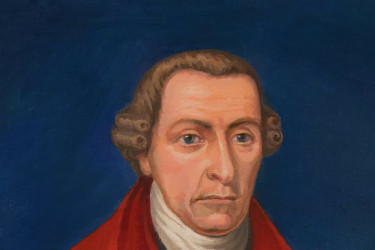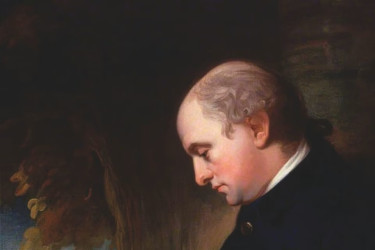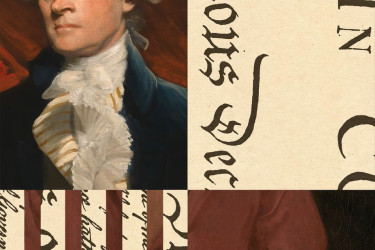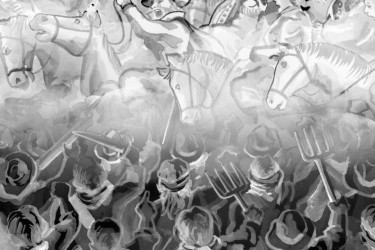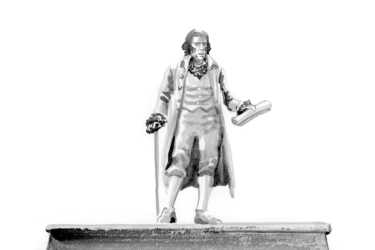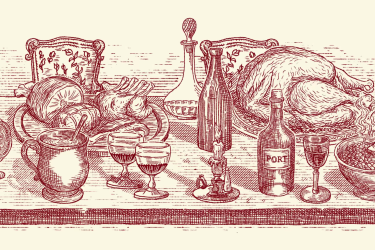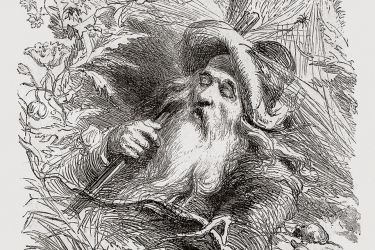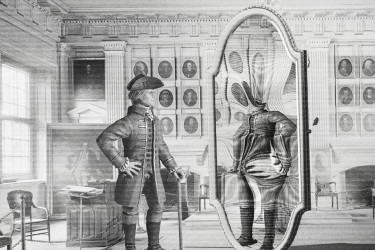By the war’s end, some 20,000 Black Americans had served as active members of the British military—about three times as many as had fought as Patriots—and many tens of thousands more had fled plantations to support the King’s cause by cooking, cleaning, and caring for livestock.
Their motives for allying with the British, then the world’s foremost slave traffickers, were clear: Emancipation was not on the Continental Congress agenda. “Slaves are devils,” one Virginia Patriot wrote, “and to make them otherwise than slaves will be to set devils free.” For their part, British leaders like Dunmore did not necessarily oppose slavery or consider those in bondage to be their equal, but many were willing to back mass liberation as a tool to crush the rebellion. The unlikely alliances they forged set in motion a series of events that would, in time, help undermine the foundations of slavery on both sides of the Atlantic.
Dunmore had made his decree without approval from London, but it was never repudiated. This encouraged General Clinton to issue his own in 1779, though he declined to arm Black men. That same year, the British commandant of New York, David Jones, proclaimed, “All Negroes that fly from the Enemy’s Country are Free—No person whatever can claim a right to them.” Not every British military leader agreed: When British General Lord Cornwallis invaded the South, he refused to consider freeing Black allies, much less arming them. Nevertheless, thousands volunteered to assist in the fight against their owners.
The British loss at Yorktown in 1781 was a catastrophe for the many Black Americans who now found themselves facing the prospect of being forced back into slavery. Some 10,000 scattered across four continents. They built the largest North American settlement of emancipated people, in Canada; melted into German city-states; eked out a precarious living on the streets of London; endured the brutality of Australia’s convict colony; and established the first home in Africa for people freed from bondage.
The story of the Black Loyalists and their postwar diaspora highlights an irony long ignored: Thousands of those with the biggest stake in securing liberty ultimately had to flee a country founded on the premise that all are created equal.
Almost as soon as Cornwallis surrendered to George Washington at Yorktown, marking the end of major military operations, victorious white Americans sought to recover what they considered their stolen property. Washington retrieved seven people who had fled Mount Vernon. Thomas Jefferson recovered five people, some of whom he later sold at auction. Virginia Governor Benjamin Harrison fruitlessly sought the return of Emanuel, “a good Barber”; Tabb, “a good cook”; John, “a house carpinter”; Gloucester, “a good Ship Carpenter and caulker”; Charles, “a house carpenter and Saw miller”; Dennis, a “very artful. Brush maker”; and Nedd, “an exceeding fine sailor but a great Rogue.”


